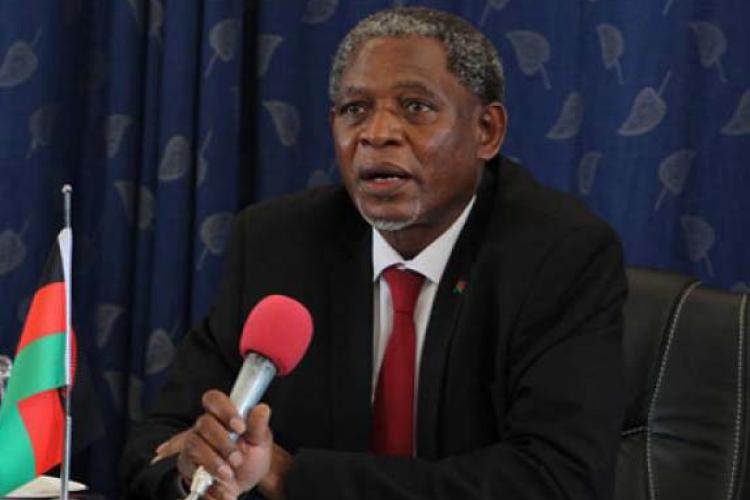The National Assembly in Lilongwe is today set to start a debate on Bill No. 1 of 2024: Legal Education and Legal Practitioners (Amendment) Bill.
The debate follows a presentation of the Bill in the House yesterday by minister of Justice, Hon. Titus Mvalo.
But the main opposition Democratic Progressive Party (DPP), through its Machinga Likwenu legislator Bright Msaka and United Democratic Front's Nedson Poya, Zomba Ntonya, protested the presentation of the Bill, arguing the minister needed to facilitate further consultations among members of the legal profession.
Msaka, a lawyer by profession, argued the law under question was only amended in 2018, and to have it back in Parliament, thorough consultations were needed.
But addressing the House earlier, the minister begged to move that the Legal Education and Legal Practitioners (Amendment) Bill, 2024, be read for the second time.
Hon. Mvalo told the National Assembly that the Bill before the House was seeking to amend the Legal Education and Legal Practitioners Act (No. 31 of 2018) in order to address the challenges identified during the course of implementing the Act.
He said the Legal Education and Legal Practitioners Act (No.31 of 2018) was enacted by Parliament in 2018, replacing the Legal Education and Legal Practitioners Act, which was enacted in 1965 and last amended in 2010.
"However, some challenges have been noted during the implementation of the Act. An evident challenge...pertains to redundancy. Presently, the Act requires holders of a law degree, seeking to be admitted to the bar, to attend the Malawi Institute of Legal Education (MILE) and subsequently write and pass the Malawi Law Examinations also known as Bar Examinations.
"However, some learning institutions accredited to offer legal education in accordance with the Act, offer courses similar to those offered by the MILE, during their degree programme. Therefore, the requirement for persons graduating from those institutions to attend MILE and pass the Malawi Law Examinations is creating needless duplication and resource inefficiency," he explained.
The minister of Justice further explained that before the enactment of the current Act, legal practitioners used to be admitted to the bar with conditions and had to work first under the supervision of an experienced legal practitioner for a prescribed period of one year, before being fully admitted to the bar as legal practitioners.
"The rationale behind this requirement was the recognition that new legal practitioners needed active mentoring to help them develop and grow as professionals who can serve clients well and who can understand professional rules and ethics.
"Further, working under such supervision allowed for the transfer of invaluable practical knowledge and skills from seasoned legal practitioners to newly admitted legal practitioners, experiences that are not typically gained within a classroom environment," he said.He explained this requirement was removed with the enactment of the current Act, which introduced the MILE, hoping that the training at the Institute would be a sufficient replacement for the supervision requirement.
"It has now been recognized...that the removal of the supervision requirement has brought adverse effects on the legal profession," he observed.
The Bill, he said, therefore, seeks to reintroduce this supervision requirement for two (2) years. Furthermore, he said, the present Act contains inconsistencies, errors, and duplicated provisions, impeding its effective application.
"So some of the amendments being proposed are simply to correct those errors and remove inconsistencies and duplications. This Bill, in summary, proposes to—(a) delete duplicated provisions, correct errors and address inconsistencies in the Act;(b) exempt holders of a degree in law awarded by an institution accredited to offer legal education in accordance with the Act from the requirements to enrol with the Malawi Institute for Legal Education and pass the Malawi Law Examinations in order to be admitted to practise law in Malawi, where the Council determines that, to qualify for award of the degree, the person passed courses comparable in scope to those taught at MILE; and (c) re-introduce conditional admission for legal practitioners and outline the conditions regulating their practice during the period when their admission is conditional," he said. The minister said he was optimistic that once enacted, the proposed amendments would lead to improved regulation of legal education and legal practice in Malawi.
He consequently invited all members to support the Bill.
Leader of the House Richard Chimwendo Banda, Malawi Congress Party, encouraged members to soberly debate the Bill when the House reconvenes today.
- 588 views

